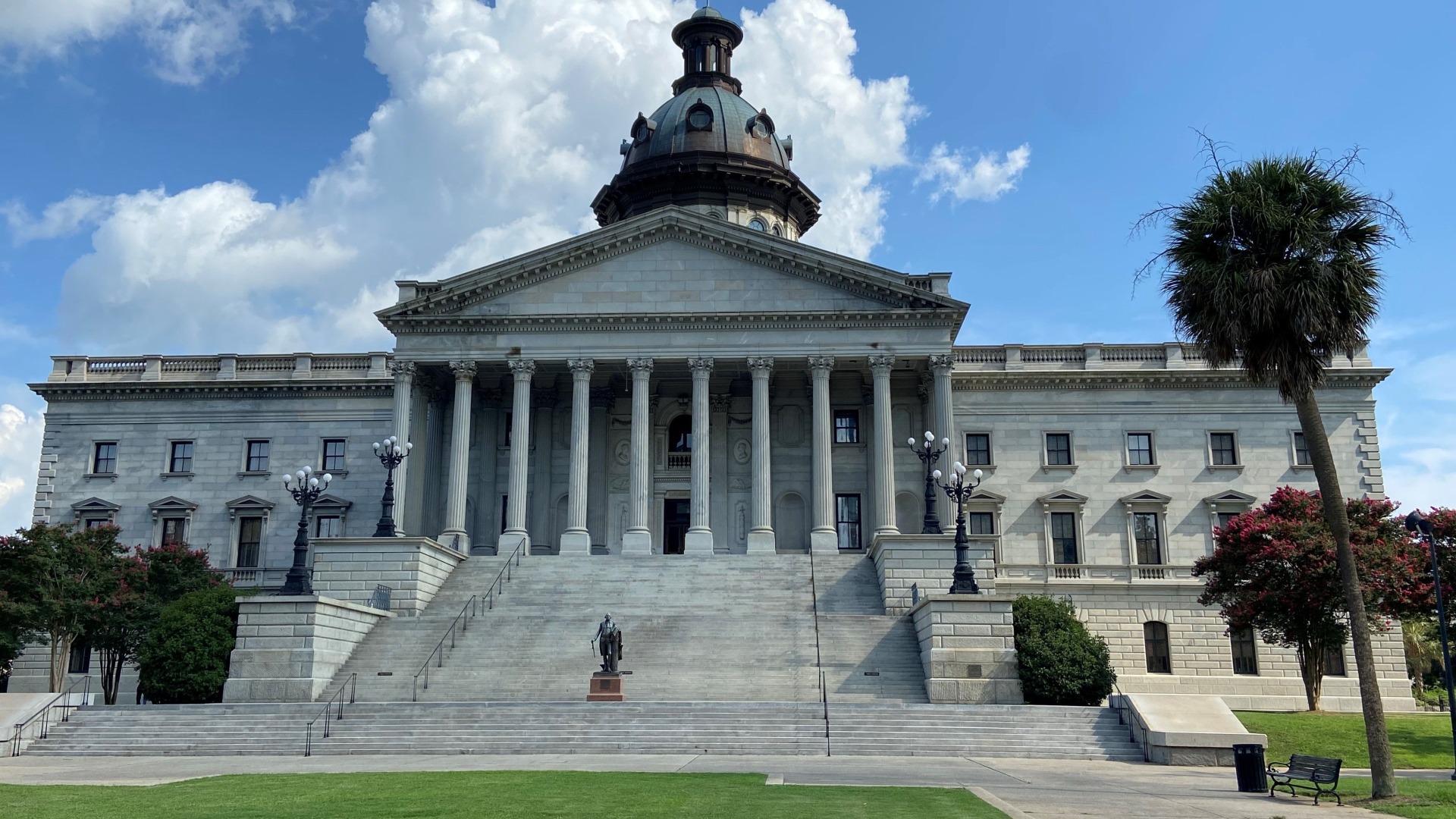The South Carolina Supreme Court heard arguments on Wednesday regarding a law passed last year that allows parents to use taxpayer money for private school tuition, a measure that opponents argue violates the state constitution’s ban on direct aid to non-public schools.
The case revolves around a provision in South Carolina’s constitution that prohibits the use of public funds or credit for the direct benefit of any religious or other private educational institution.
Critics of the program argue that providing public money to private schools is a direct benefit, even if the funds are used for fees or transportation to attend a public school outside a student’s district.
South Carolina Supreme Court (Credits: WSAV-TV)
Attorney Ramya Ravindran, representing opponents of the program, argued that the money is held in a state-controlled trust fund and is therefore a direct benefit to private schools.
However, supporters of the law contend that the trust fund is key, as the money is given to parents who then decide where to spend it, rather than the state directly paying private schools.
The law currently allows for vouchers of up to $6,000 for up to 15,000 students per year. House Speaker Murrell Smith has proposed a bill to expand the program to all students, eliminating income and population caps by 2027.
The bill would also remove state audits for schools receiving funds and exempt them from giving students the same standardized tests as public schools.
Senate Majority Leader Shane Massey was cautious, wanting to see how the program operates before making changes. The law is part of a nationwide trend, with as many as 16 states having some form of voucher program.
Another issue raised is the role of the state Education Superintendent in running the program. The constitution designates her as the chief administrative officer of the public education system, but supporters argue that this does not prohibit her from expanding her duties.
The justices did not reach a decision on Wednesday and will issue a ruling at a later date. Chief Justice Donald Beatty expressed skepticism about the law, referencing a previous ruling that the governor could not directly allocate COVID relief funds to private schools.
